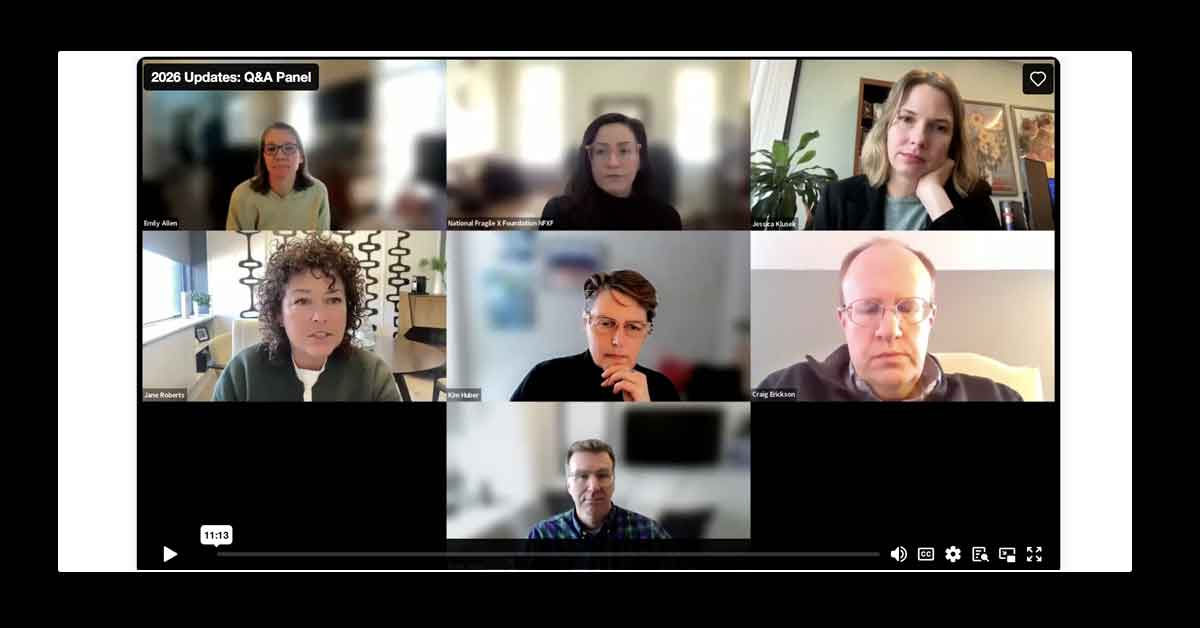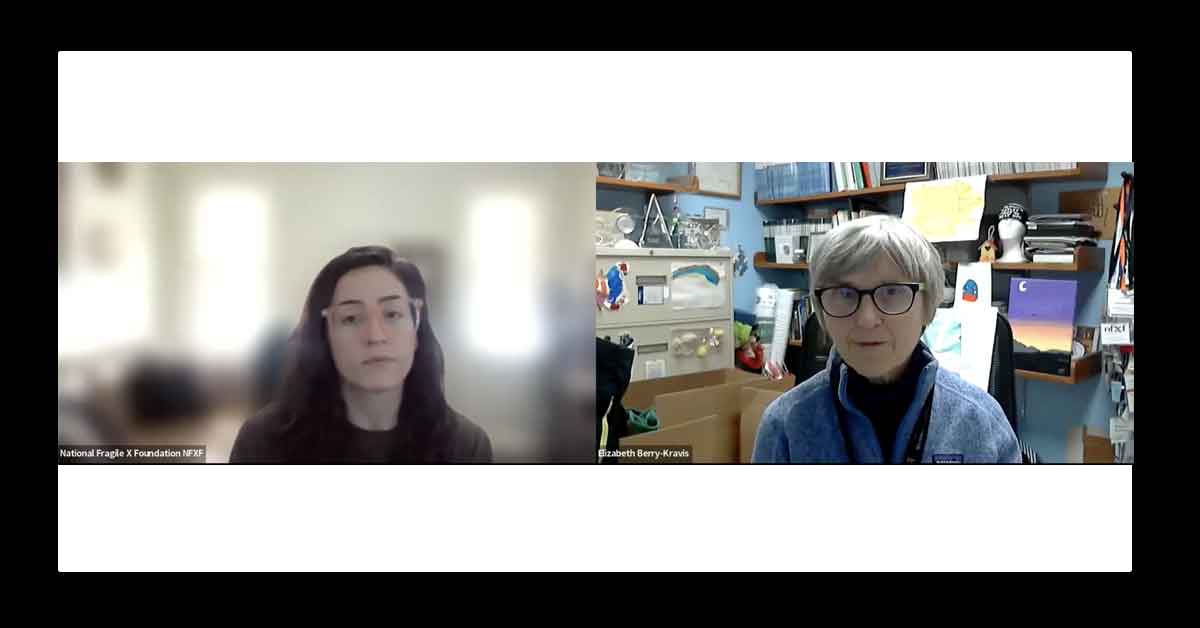About the Presenters
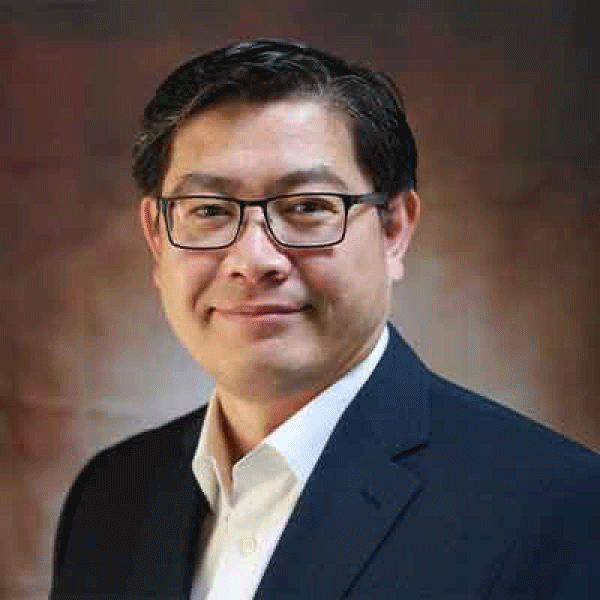
Peng Jin
Peng Jin, PhD, received his molecular and developmental biology doctorate from Cincinnati Children’s Hospital, University of Cincinnati, and postdoctoral training at Emory University. At Emory, Dr. Jin is interested in the roles of noncoding RNAs and epigenetic modulation in neural development and brain disorders. Dr. Jin received the Beckman Young Investigator Award, Basil O’Connor Scholar Research Award, Alfred P. Sloan Research Fellow in Neuroscience, and NARSAD Independent Investigator Award. Learn more about the Peng Jin Lab at Emory University.
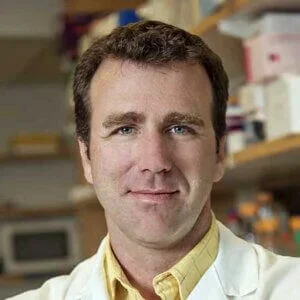
Peter K. Todd
Peter K. Todd, MD, PhD, is the Bucky and Patti Harris Professor in the Department of Neurology at the University of Michigan Medical School. As a clinician, Dr. Todd co-directs Michigan University’s Multidisciplinary Ataxia Clinic, where he sees patients with FXTAS (Fragile X-associated tremor/ataxia syndrome), and the Fragile X Syndrome Clinic, where he sees adult patients with Fragile X syndrome. He also serves as director of the Clinical Neurogenetics Research Program, which aims to improve research and care for patients with inherited neurological disorders.
As a physician-scientist, the Peter Todd Lab studies the mechanisms by which nucleotide repeat expansions cause neurodevelopmental and neurodegenerative disorders with a long-term goal of developing novel therapeutics for currently untreatable conditions. His lab has published extensively on Fragile X-associated disorders, such as Fragile X syndrome and FXTAS, as well as C9orf72 repeat expansions that cause ALS (amyotrophic lateral sclerosis, or Lou Gehrig’s disease) and frontotemporal dementia.
In the past decade, Dr. Todd has given over 80 invited presentations across the world and published over 50 papers on his research.
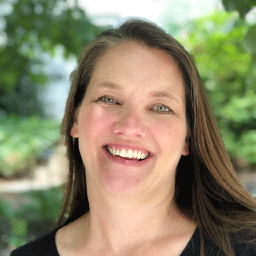
Emily Allen
Emily Allen, PhD, graduated from the University of Georgia with a bachelor’s degree in biology and Emory University with a PhD in genetics. She has worked on studies of Fragile X-associated disorders at Emory University with Dr. Stephanie Sherman since the early 2000s. Her primary research focus has been on disorders and characteristics associated with the Fragile X premutation, such as Fragile X-associated primary ovarian insufficiency (FXPOI) and Fragile X-associated tremor/ataxia syndrome (FXTAS).
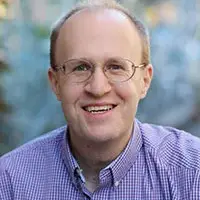
Craig A. Erickson
Craig A. Erickson, MD, is a professor of Psychiatry at Cincinnati Children’s Hospital Medical Center and the University of Cincinnati College of Medicine-Affiliated. Dr. Erickson leads a neurodevelopmental clinical and research group focused on improving clinical care through research discovery. He is the director of the Cincinnati Fragile X Research and Treatment Center, one of the largest such programs in the world. He serves as the chair of the Clinical Trials Committee organized by the National Fragile X Foundation and is a leader in translational medicine efforts in Fragile X syndrome, autism, and related disorders. Additionally, he is the director of research in the Division of Psychiatry at Cincinnati Children’s Hospital.
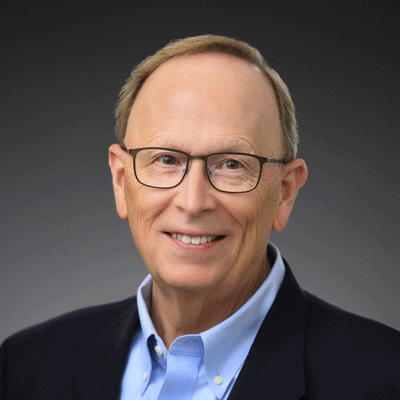
David Nelson
David Nelson, PhD, is a professor of molecular and human genetics and the director of both the graduate program in cancer & cell biology and integrative molecular and biomedical sciences at Baylor College of Medicine. He is also a director of Baylor’s Michigan Emory Fragile X Research Center, an NIH-funded center aimed at understanding mechanisms whereby premutation-length CGG repeats cause neurodegenerative and ovarian disorders. The Nelson lab has been involved in research into the causes of and therapies for Fragile X syndrome since the late 1980s, contributing to the discovery of the repeat expansion mutation that results in the disorder and the gene that is affected. For over 30 years, the Nelson lab has worked to define both the characteristics of the unusual repeat expansion in the disease and the functions of FMR1, the gene that is downregulated in the disease.



